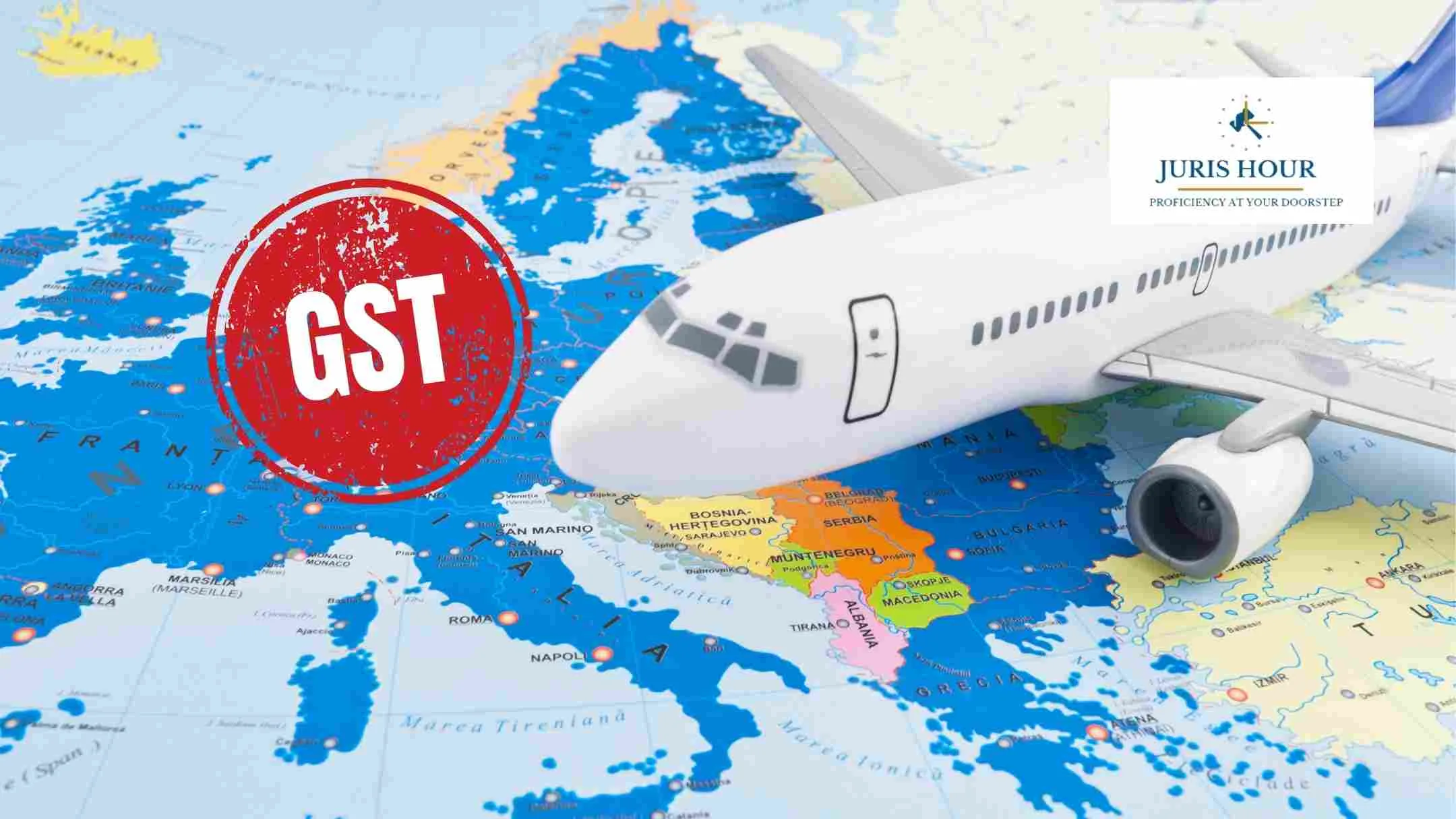The Goods and Services Tax (GST) regime has introduced a unified and transparent taxation structure for air travel in India, replacing the previously fragmented system of service tax, surcharges, and value-added levies.
With defined GST rates applicable across travel classes and routes, both individual passengers and corporate travelers are witnessing changes in fare structures, refund claims, and input tax credit (ITC) eligibility.
GST Rates Applicable on Flight Tickets
Under the current GST framework:
- Economy class tickets are taxed at 5%, applicable to both domestic and international flights originating in India.
- Business or premium class tickets attract a 12% GST.
- Certain route-based exemptions apply, such as flights to and from the North-Eastern states and Bagdogra where economy class fares are exempt from GST, as part of government efforts to improve regional connectivity.
Pre-GST vs Post-GST Comparison
The introduction of GST streamlined multiple levies into a single tax, reducing the overall tax burden in some categories. Before GST, air travel attracted a combination of service tax (5.6% on economy and 8.4% on business class), airline surcharges, and state-specific levies. The GST regime, by contrast, standardizes the tax and reduces compliance friction for airlines and passengers.
Travel Class | Pre-GST (Effective Rate) | GST Rate |
Economy | 5.6% | 5% |
Business | 8.4% | 12% |
Input Tax Credit for Businesses
Businesses registered under GST can claim input tax credit on flight tickets, provided:
- The travel is for business purposes;
- The GSTIN is furnished at the time of booking;
- A GST-compliant invoice is issued by the airline;
The flight is not under the exempt category (such as economy travel on specific regional routes).
ITC can be claimed in the GSTR-3B return, and companies are advised to maintain complete documentation including itineraries, invoices, and proof of travel.
Special Provisions for International Flights
Flights departing from India are subject to the applicable GST rate based on the travel class. However, international flights originating outside India are exempt from GST on base fare, although additional services like baggage, lounge access, or meals may attract GST. Business travelers should verify which components of their ticket are claimable under ITC.
Taxation of Ancillary Services
Apart from the base fare, ancillary airline services are also subject to GST depending on the nature of the service:
- Extra baggage, seat selection, pre-booked meals, and lounge access attract 5%, 12%, or 18% GST depending on whether they are bundled with the fare and the class of travel.
- Charter flights and helicopter services fall under HSN Code 996423 and are taxed at 18%.
Impact on Consumers and the Aviation Industry
For individual travelers, especially those flying economy, GST has brought slight cost reductions and simplified fare components. Business-class travelers face a higher GST rate but benefit through the ITC mechanism. For businesses, this translates into potential tax savings on travel expenses, provided compliance norms are met.
The aviation industry has broadly welcomed the GST structure for providing clarity and reducing state-level discrepancies. However, operational challenges remain, especially concerning delays in GST invoice generation for international flights and the complexities of refund management on cancellations.
Cancellations and Refunds Under GST
When a flight is fully cancelled and the fare refunded, the GST component is also reversed, nullifying any ITC eligibility. In cases of partial refunds or non-refundable tickets, the GST paid may still be eligible for ITC if accompanied by supporting documentation and no refund of tax component.
Future Reforms and Considerations
Recent proposals before the GST Council include exempting foreign airlines from GST on imported services under reverse charge mechanisms, which may reduce compliance burdens on international carriers. The government also rolled out a uniform 5% GST on all aircraft engine and part imports in 2024 to rationalize the tax structure on Maintenance, Repair and Overhaul (MRO) operations, enhancing the competitiveness of Indian aviation maintenance hubs.
Conclusion
The GST framework has streamlined taxation on flight tickets in India, bringing consistency across sectors and enabling eligible businesses to claim benefits via ITC. As the aviation sector continues to expand and modernize, periodic reviews and stakeholder feedback will play a critical role in refining GST implementation for the travel ecosystem.
For travelers and businesses alike, understanding GST applicability, proper documentation, and proactive compliance remain key to maximizing benefits under the regime.

